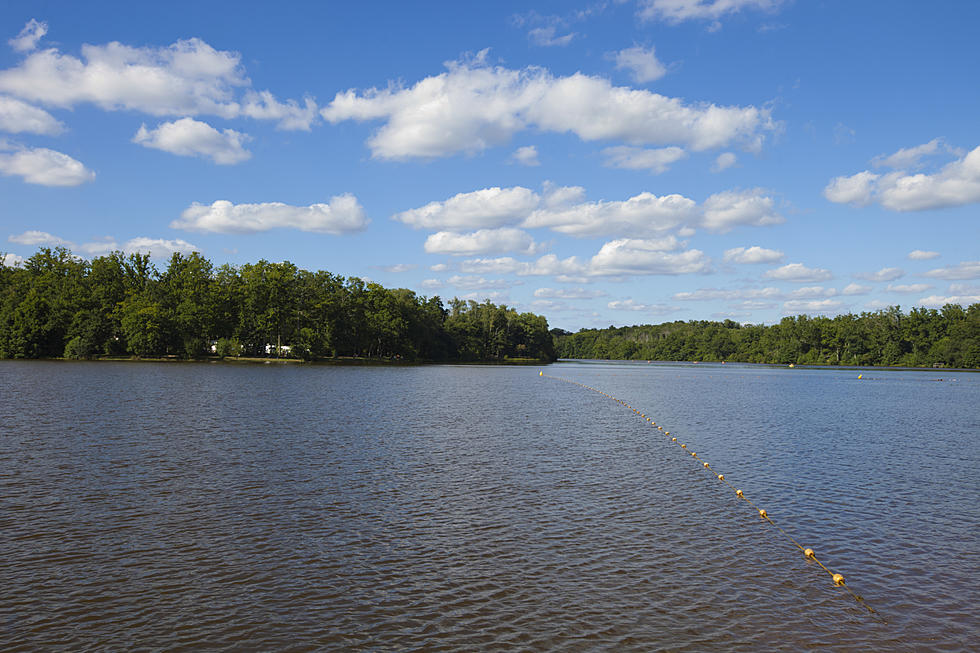
These Jersey Shore Lakes Are Under Advisory Due To Harmful Algae
It was not too long ago that Matt Ryan told you about the dangerous algae that was found in the Manasquan Reservoir. (FYI: Still stay out)
But now this problem is evidently spreading across the Jersey Shore. (Experts believe it could be due to climate change.)
The issue is that we are finding Algae Blooms in a lot of lakes and ponds and the truth is, they are quite toxic. If you come in contact, it can result in an itchy rash and if consumed can cause abdominal pain, headaches, vomiting, nausea, blistering around the mouth, flu-like systems, liver toxicity and neurological damage.
The algae has also been proven to be dangerous for pets and animals as well.
Experts have made a point to test rivers and lakes throughout New Jersey and there is a list of areas to avoid because they are under advisories or are closed.
Here is the list of lakes and rivers that you need to steer clear of for the time being:
Manasquan Reservoir in Howell Township: Remains under advisory
Deal Lake in Asbury Park: Remains under advisory
Sunset Lake in Asbury Park: Remains under advisory
FYI: If you suspect that you spotted one of these harmful algae blooms, call the Department of Environmental Protection(DEP) Hotline at 1(877) WARNDEP (877-927-6337) or you can also report it through their website.
Now I am not going to lie to you. Experts are pretty stumped and are not sure if the bacteria will wither away just yet but studies are being done and we will let you know the second we do.
According to NJ.com, these are some of the safety tips that the DEP has issued to help everyone get through this summer healthy and safe.
- Don’t touch water near the bloom, particularly where the bloom is dense.
- Don’t drink the water.
- Don’t fish from the waterbody.
- Keep pets and livestock away from the water and don’t allow them to drink it or eat dried algae or groom themselves after coming into contact with the water.
- People, pets and livestock that have touched bloom should wash off with fresh water as quickly as possible.
- Seek medical attention or a veterinarian if a person or animal is experiencing adverse health effects after exposure to a bloom.
For more information, check out the original article at NJ.com.
More From The Point:
More From 94.3 The Point









